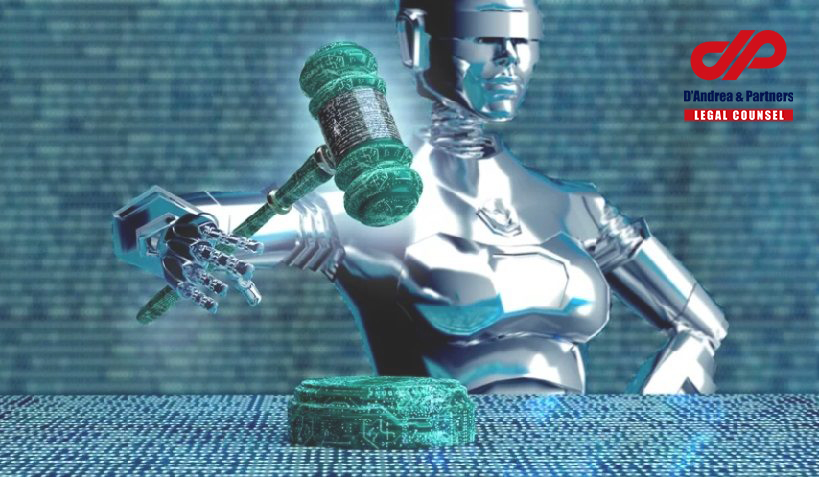One of the most vivid and original legal tech experiments in Russia is the robot LegalApe 2.8 developed by PJSC MegaFon (telecommunication services operator), which was developed on the basis of neural networks using data distributed into small information blocks which includes judicial practice, business correspondence, scientific works and the legal positions of lawyers. Thus, if someone addresses it with a demand, such a robot can answer questions, give explanations and participate in the debate.
As part of a legal forum in April 2018, the first public inspection of the described bot was carried out – a legal battle was organized, one of the parties was the robot itself, and the other – a well-known Russian lawyer, partner of “Pepelyaev Group” Roman Bevzenko. The participants were introduced with a dispute about the registration of ownership of the building located on a leased land plot and the basic positions of the tenant and the landlord.
In particular, the position of the tenant was that of a person who had legally registered ownership of the shopping building, which was built on the leased land plot after a year of lease. The position of the lessor, on the contrary, was based on the fact that the registered ownership should be recognized as nonexistent, since the building was built illegally.
After a random draw, the robot got the role of the tenant, and Roman Bevzenko – the role of the landlord. First, each of the participants of the battle expressed their position on the case, then questions were asked from the audience, after which the debate was held, and the judges, including Sergey Belov, the Dean of Law Faculty of of St. Petersburg State University, Alexander Sarapin, an employee of the legal news portal Pravo.ru, and Artem Tolkachev, head of blockchain laboratory at Deloitte LLC, were left to make a decision.
As a result, the victory was awarded to Roman Bevzenko, but all the judges acknowledged the quality and content of the answers from both of the opponents. The only distinguishing feature was that the bot focused more on the form and text of the task and questions from the audience, Roman Bevzenko in his answers, on the contrary, focused more on the explanation on its merits.
Later Roman said that he was lucky that when the bot was defending its position, it was based on a limited database of normative data. In particular, in the dispute, the robot argued that since the lease agreement specified business activities as to the intended use of the land plot, and the construction of a shopping complex can also be attributed to business activities, in fact, there is no violation of the lease. In response, Roman referred to article 431 of the Civil Code of Russian Federation on the literal interpretation of the contract and the need for direct inclusion of the construction in the contract, which allowed him to prove the opposite.
According to the position of the developers of this project, the use of neural networks is a very promising sector of development in the legal tech industry. The main problem that can be encountered at this stage of development and initial testing is not even the efficiency of the networks themselves or the completeness of the amount of data loaded, but the correct organization of the information placed. In other words, when processing any request, for the most accurate response, the machine must first divide the information into the most simple fragments as possible, and then, by analyzing the inter-crossing of these fragments, the search can be narrowed down accordingly and the most appropriate response can be given. The same algorithm is used by legal search engines, but unlike legal search engines, neural networks also provide for an “intelligent” element, that is, an independent continuation of the search through the logical chain, which can start working only with the correct laying of the basic elements in the system.
It should be noted that both the developers of the robot and Roman Bevzenko indicate that the described experiment was one of the first, and at the next stage they intend to conduct more complex tests. In this regard, if you are interested in the development of legal tech in Russia and/or further information about the events related to the testing of the robot of PJSC “MegaFon”, please contact us via info@dandreapartners.com.







